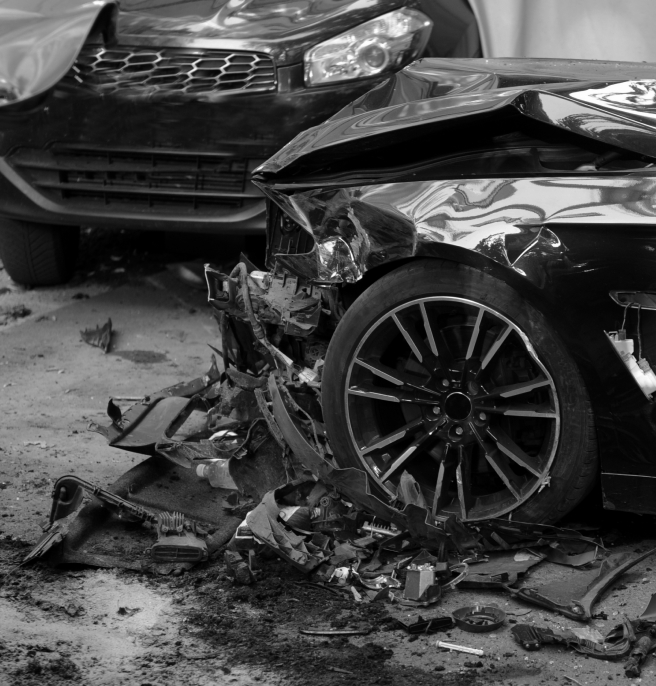
FAQs
Bodily and vehicular damage due to an accident involving commercial vehicles such as company vans, eighteen wheelers, cement or dump trucks.
Commercial vehicle accidents involve vehicles that are primarily used for business or commercial purposes rather than personal transportation. These accidents typically occur when commercial vehicles, such as trucks, buses, vans, and delivery vehicles, are involved in collisions or other traffic-related incidents. Commercial vehicle accidents can have distinct characteristics and implications compared to accidents involving personal vehicles due to the size, weight, and nature of the vehicles involved. Here are some key points to understand about commercial vehicle accidents:
- Types of Commercial Vehicles: Commercial vehicles encompass a wide range of vehicles, including:
- Commercial trucks: This category includes large tractor-trailers, delivery trucks, dump trucks, and other vehicles used for transporting goods.
- Buses: Public transportation buses, school buses, and charter buses fall under this category.
- Vans: Commercial vans used for transporting passengers or cargo are also involved in commercial vehicle accidents.
- Causes: Commercial vehicle accidents can be caused by various factors, including driver error, mechanical failures, adverse weather conditions, and road hazards. Common factors in commercial vehicle accidents include driver fatigue, improper loading of cargo, and inadequate vehicle maintenance.
- Regulations: Commercial vehicles are subject to specific regulations and safety standards imposed by government authorities. These regulations may pertain to vehicle maintenance, driver qualifications and hours of service, weight limits, and cargo securement, among other aspects.
- Severity: Due to their size and weight, commercial vehicle accidents often result in more severe consequences than accidents involving personal vehicles. Collisions involving large trucks, for example, can lead to significant property damage, injuries, and fatalities.
- Liability: Determining liability in commercial vehicle accidents can be complex. Liability may extend not only to the driver but also to the vehicle owner, the company operating the vehicle, and potentially other parties involved in maintenance or cargo handling.
- Insurance: Commercial vehicles typically require commercial auto insurance policies, which can differ significantly from personal auto insurance in terms of coverage and liability limits.
- Workplace Accidents: Commercial vehicle accidents can be considered workplace accidents if the driver is operating the vehicle as part of their job. In such cases, workers’ compensation may come into play for injured employees.
- Safety Measures: To reduce the risk of commercial vehicle accidents, companies often implement safety measures such as driver training programs, vehicle maintenance schedules, and safety technology like GPS tracking and dashcams.
Due to the complexity and potential legal and financial ramifications associated with commercial vehicle accidents, they often involve investigations by law enforcement and insurance companies. It’s important for businesses that operate commercial vehicles to prioritize safety, adhere to regulations, and have adequate insurance coverage to handle potential accidents and liabilities.
Any business that owns and operates commercial vehicles is held liable for any damages or bodily harm sustained in an accident with their vehicles. Texas gives businesses the option to choose whether they insure their vehicles for negligent accidents, but hold the business liable whether they have the insurance or not.
If you sustained an injury from a commercial vehicle accident, your life may never look the same. There are often very serious injuries that occur in these accidents, leading to longer recovery times and greater medical expenses. This often puts unnecessary pressure on the victim during a time when they should be focused on recovering their health as much as possible.
Because these cases involve large amounts of paperwork, conversations with corporate insurers, and deadlines, a team of experienced lawyers are often necessary to get you reasonable compensation.